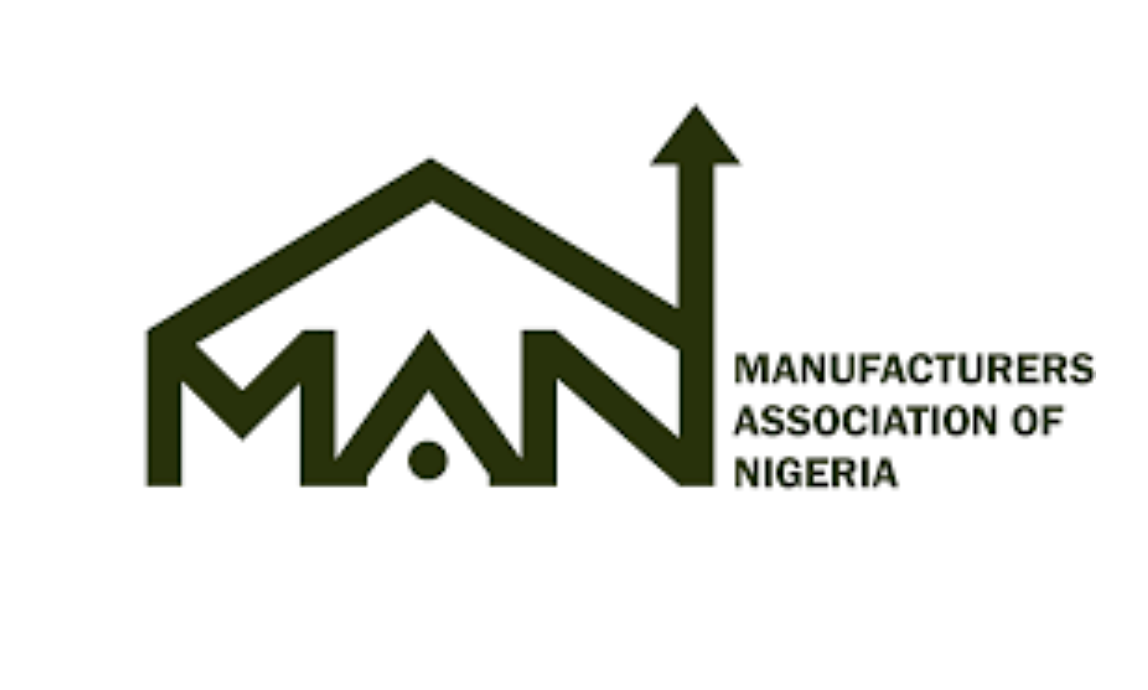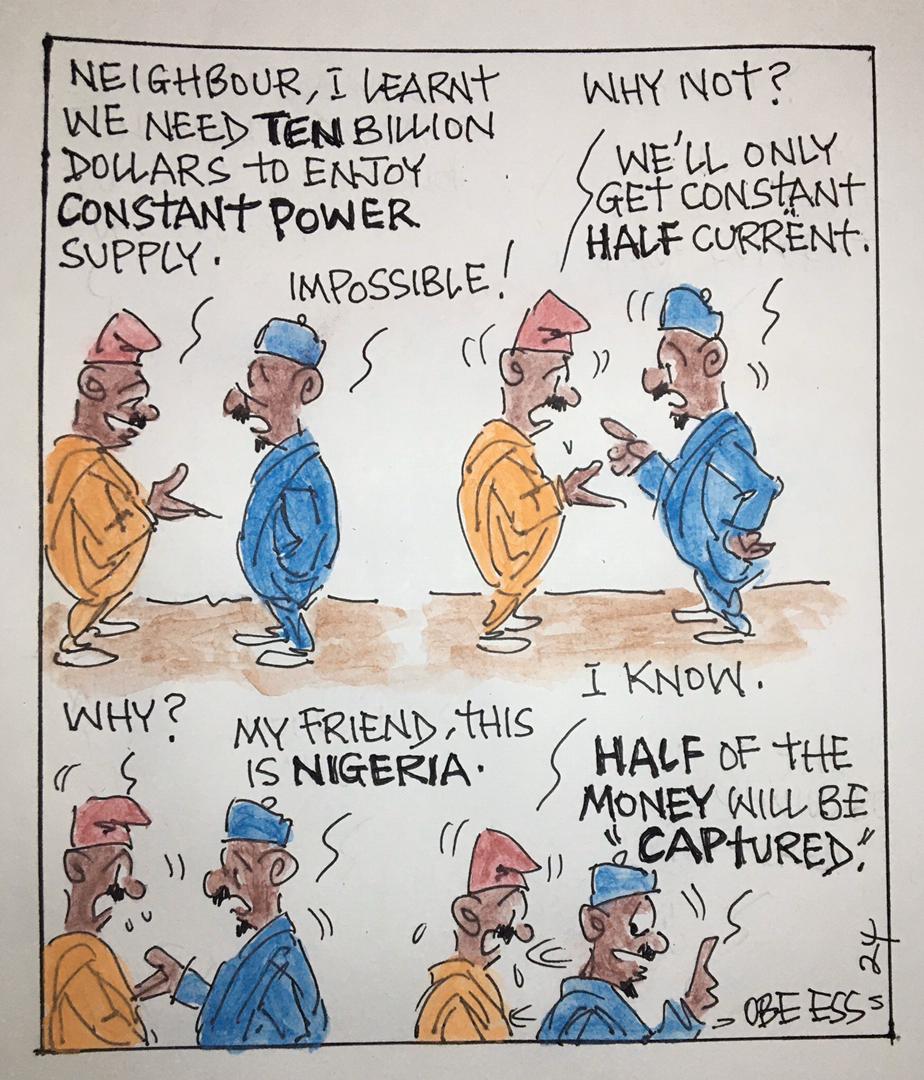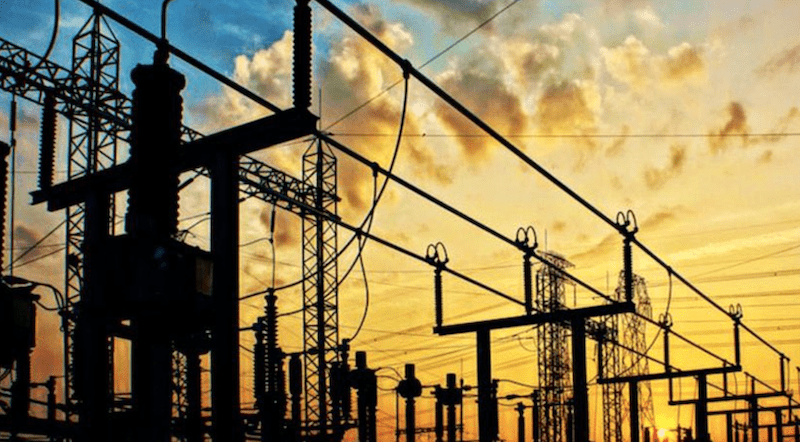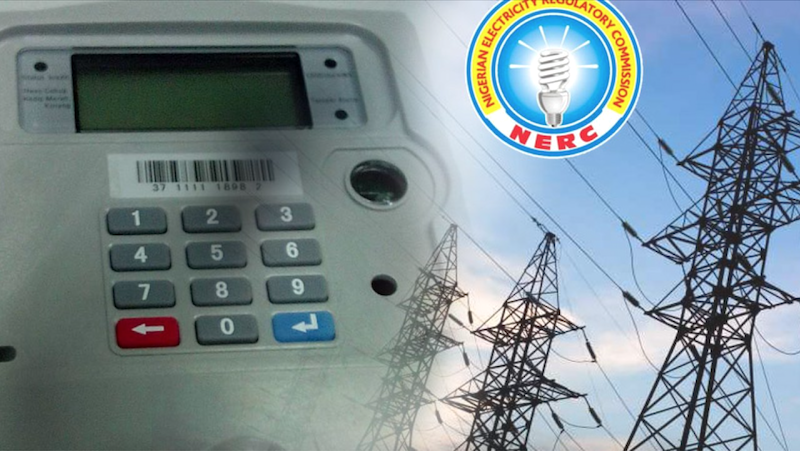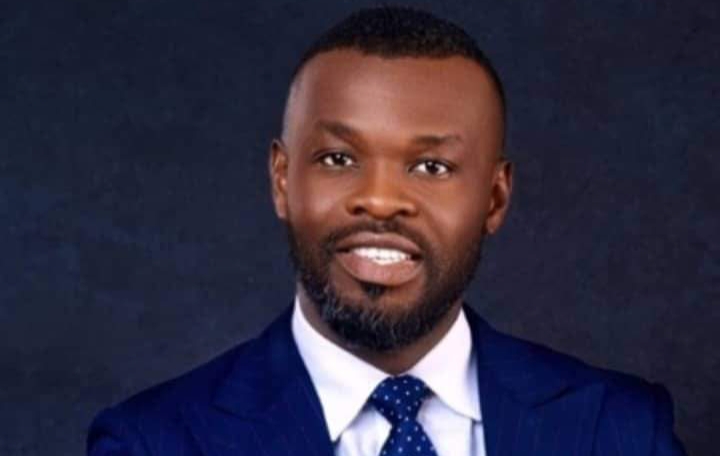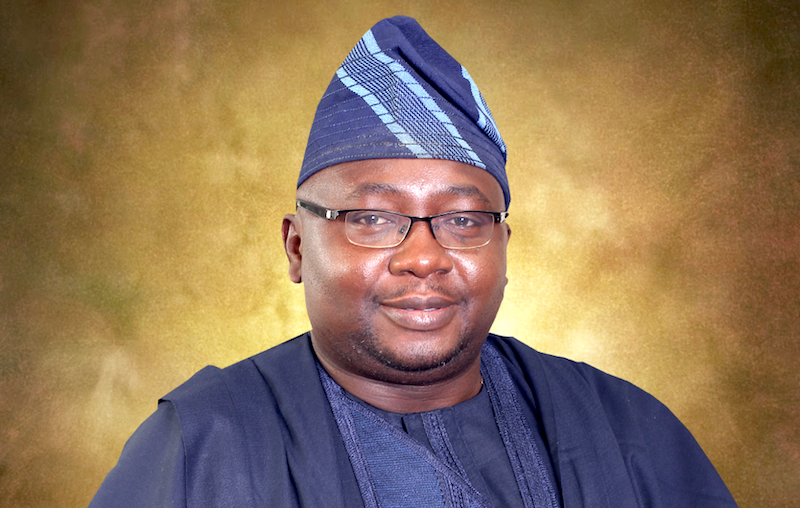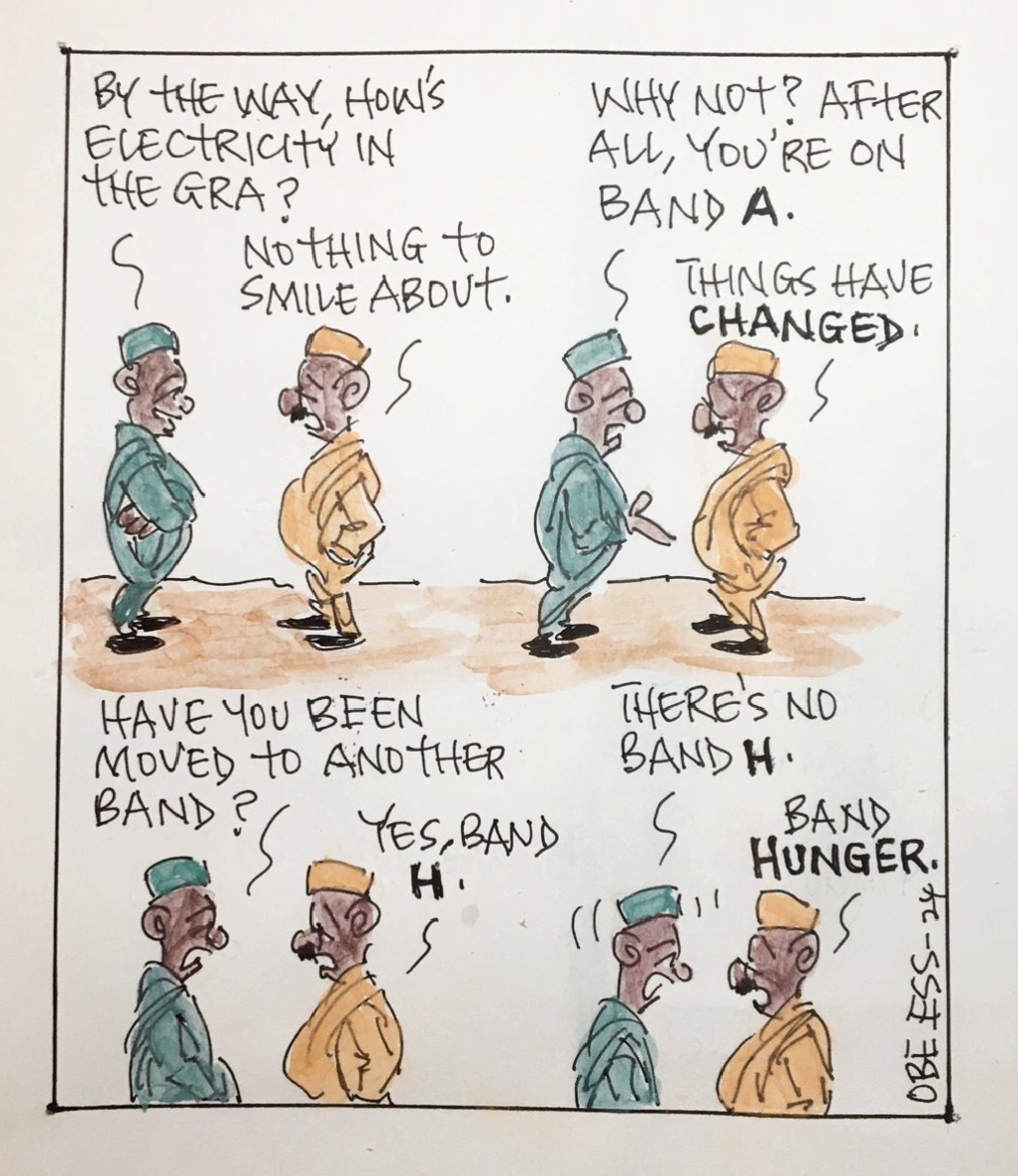The Manufacturers Association of Nigeria (MAN) has called for collaborative strategies on cutting-edge technologies, policy frameworks, and financing models to support the country’s transition to sustainable and sufficient energy supply.
MAN President, Mr Francis Meshioye, said this at the Manufacturers Energy Security Summit on Tuesday in Lagos with theme: “Power Supply Adequacy for Industrial Growth in Nigeria.”
Meshioye said this was critical to enable the industrial sector contribute more significantly to the country’s Gross Domestic Product. He stated that energy security was not only a business imperative but a national priority.
Meshioye noted that the challenges facing the manufacturing sector included unreliable power supply, high energy costs, and environmental concerns. He, however, stressed that in those challenges were opportunities for innovation, job creation, and sustainable growth.
“In shaping the future of manufacturing in Nigeria, let us work together to foster collaboration and knowledge sharing and identify innovative solutions to accelerate the journey towards energy security for manufacturers.
“We must promote sustainable manufacturing practices and support policy reforms that encourage investment in renewable energy to help reduce energy cost,” he said.
Mr Sanusi Garba, Chairman, Nigerian Electricity Regulatory Commission (NERC), noted that while electricity was the oxygen for industrialisation and economic growth, it required long term investments.
Garba represented by Mr Musiliu Oseni, Vice Chairman, NERC, said the Electricity Act 2023 has provided the foundation for improving the Nigerian power sector.
He, however, noted that its implementation without addressing fundamentals would not guarantee desired improvement.
He said that while the Nigerian power sector currently struggled to meet customers expectation due to myriad of challenges, huge patient capital was required for investments to guarantee sustainable supply.
“Powering the Nigerian economy requires huge investments but resources are limited hence the need for a deliberate policy approach.
“Nigeria needs a powering industry policy that deliberately seeks to improve power supply to industrial clusters supported by existing regulatory instruments,” he said.
The Managing Director, Association of Nigerian Electricity Distributors, Mr Sunday Oduntan, noted that no country could succeed without manufacturing as the bedrock of its development. According to him, the power sector is very important for manufacturing as economy can grow in the dark.
Oduntan said Nigeria’s power supply was heavily dependent on gas, with frequent disruptions in supply, limiting diversification and sustainability.
He said the country should diversify into wind, hydro and increase investment in other energy sources to reduce dependence on fossil fuels.
“Nigeria should secure consistent gas supply contracts and incentivise local gas production for power. Also, electricity tariffs are often below cost-reflective levels, leading to financial losses for distribution companies and limiting investment in the sector.
“The solution is to gradually adjust tariffs to reflect actual supply costs, combined with subsidies or targeted aid for low-income households,” he said.
Mr Matthew Edevbie, the Group Managing Director, Income Electrix Ltd., noted that Nigeria currently faced a huge power supply deficit and that high cost of infrastructure for its development meant the issue may not be resolved quickly.
Edevbie said to solve the issue, oversized and expensive diesel generators were being used making the need for cheap and reliable energy for industrial growth a necessity.
He said a combination of energy source optimisation, energy efficient utilisation and low energy consuming equipment could reduce manufacturers overall energy spending by up to 60 per cent or more.
“Nigeria incurs approximately $26 billion in economic losses annually due to electricity shortages and businesses spend an additional $22 billion on off grid fuel solutions to mitigate the effects of power outages.
“There is thus an urgent need to improve power supply to save the manufacturing sector as doing so will have many positive effects on the economy.
“In spite of these challenges plaguing the power sector and consequently the industries In Nigeria, there exist opportunities for us to improve our lot and make things better via a holistic approach.
“The approach must focus on optimising the country’s generation resources and efficiently utilise its power,” he said.
